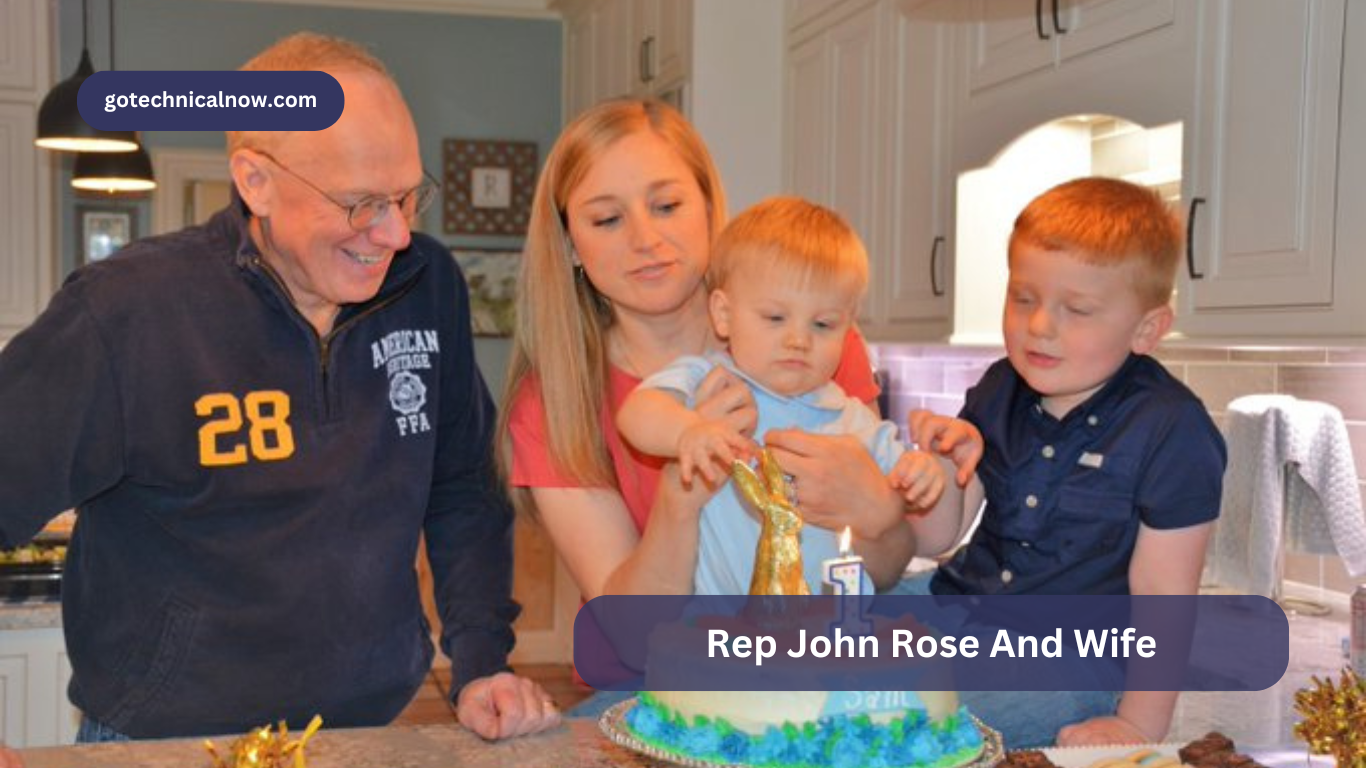The marriage between Congressman John Rose and Chelsea Doss, now Chelsea Brooke Rose, has recently come under scrutiny for its intricate web of connections and power dynamics. At the time of their marriage, Rose was a 45-year-old Tennessee congressman with a background in software executive roles, while Doss was a 21-year-old college senior. The stark age difference and their history of connections, including involvement in the Future Farmers of America (FFA), have raised questions about influence and privilege. As debates rage on about conservative legislation and the GOP’s stance on issues like child marriage and LGBT rights, the spotlight turns to Rose’s personal life and its implications within the broader political landscape.
Navigating Power Dynamics
The narrative surrounding Rose’s marriage delves into the nuances of power dynamics, particularly in relationships characterized by significant disparities in age, wealth, and influence. Doss’s early involvement in FFA, where Rose held leadership positions and familial ties, raises concerns about the potential for undue influence and favoritism. The granting of a scholarship in Doss’s name, coupled with Rose’s role as chairman of the board at her college, underscores the complex intersections of power and opportunity.
Political Hypocrisy and Cultural Warfare
Amidst debates over conservative legislation and culture wars, Rose’s marriage serves as a focal point for discussions on political hypocrisy. While advocating for traditional family values and stringent policies, some politicians find themselves entangled in personal controversies that challenge their public personas. The juxtaposition of Rose’s marriage against the backdrop of GOP rhetoric highlights inconsistencies and contradictions within the party’s platform.
Public Scrutiny and Ethical Considerations
The public scrutiny surrounding Rose’s marriage raises ethical considerations about transparency, accountability, and the responsibilities of elected officials. As representatives of their constituents, politicians are subject to heightened scrutiny, especially when their personal lives intersect with their public duties. The lack of clarity surrounding the origins of Rose and Doss’s relationship, coupled with unanswered questions about potential conflicts of interest, underscores the need for greater transparency and accountability in political discourse.
Conclusion: Navigating Complexity in Political Discourse
The complexities surrounding Congressman John Rose’s marriage serve as a microcosm of broader issues within political discourse, including power dynamics, hypocrisy, and ethical considerations. As society grapples with evolving norms and values, it becomes imperative to critically examine the intersections of personal lives and public responsibilities. By engaging in constructive dialogue and holding elected officials accountable, we can strive towards a more transparent and equitable political landscape.










